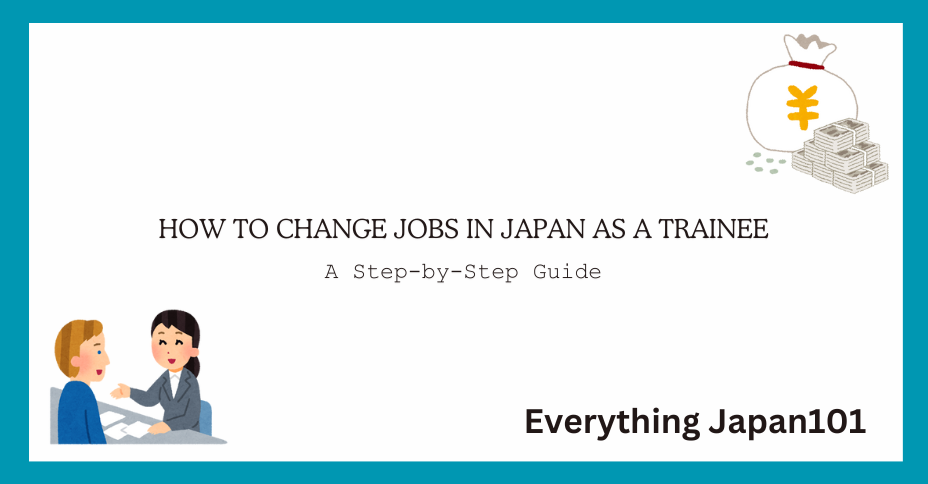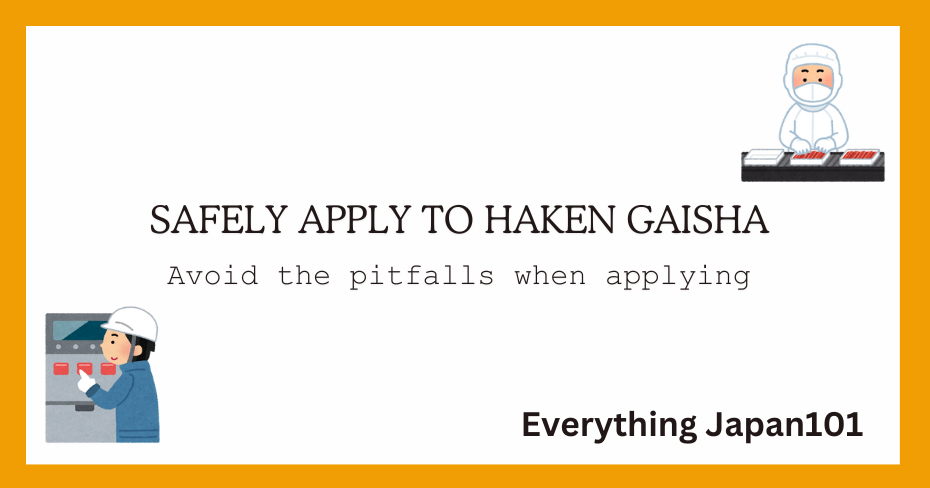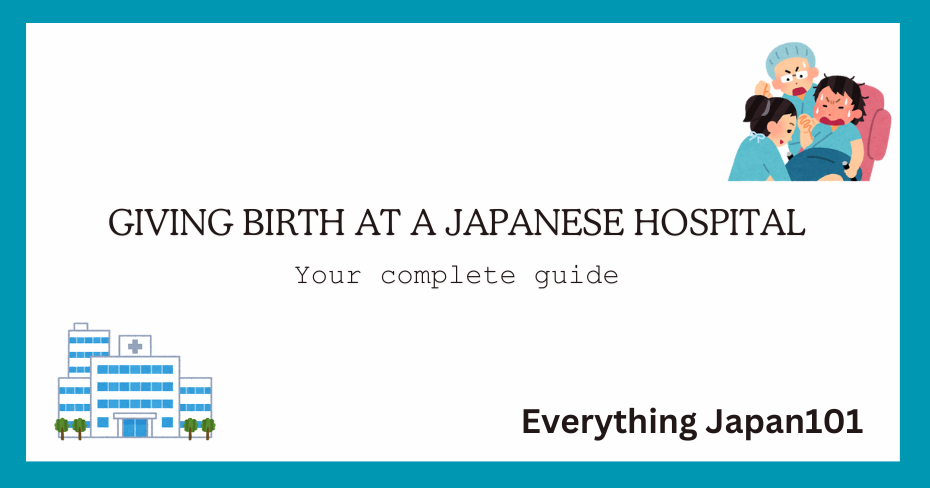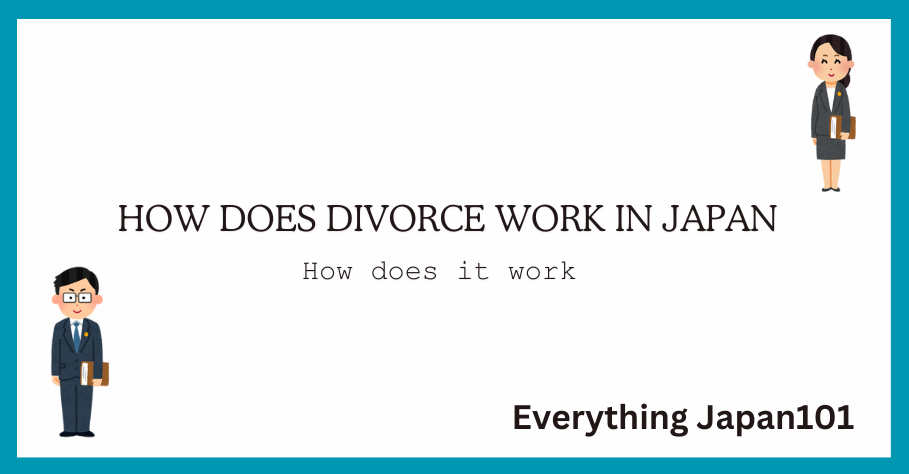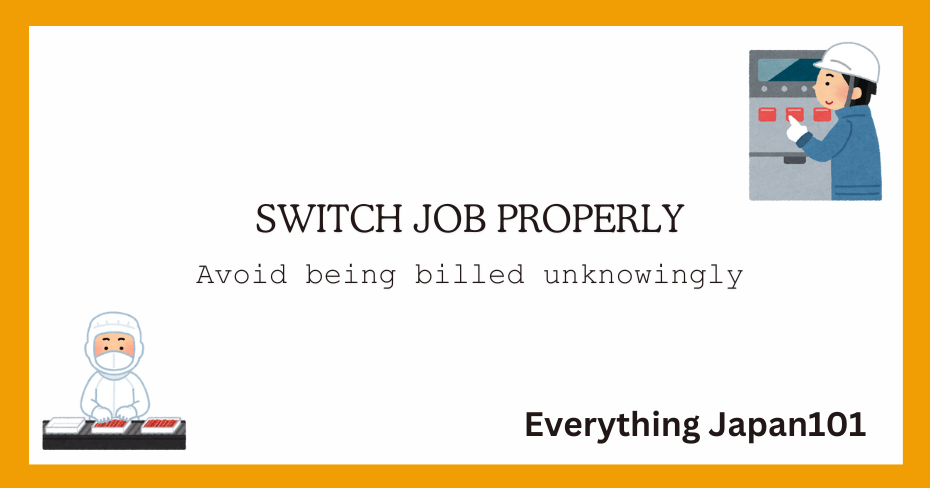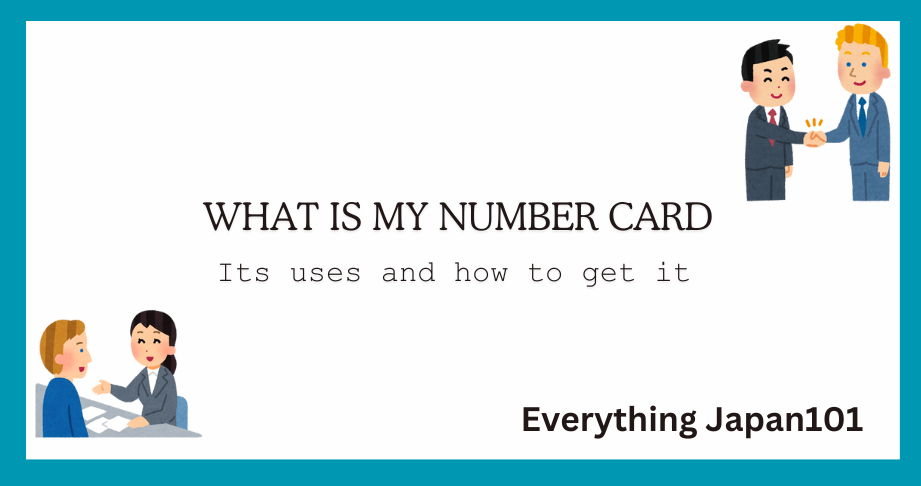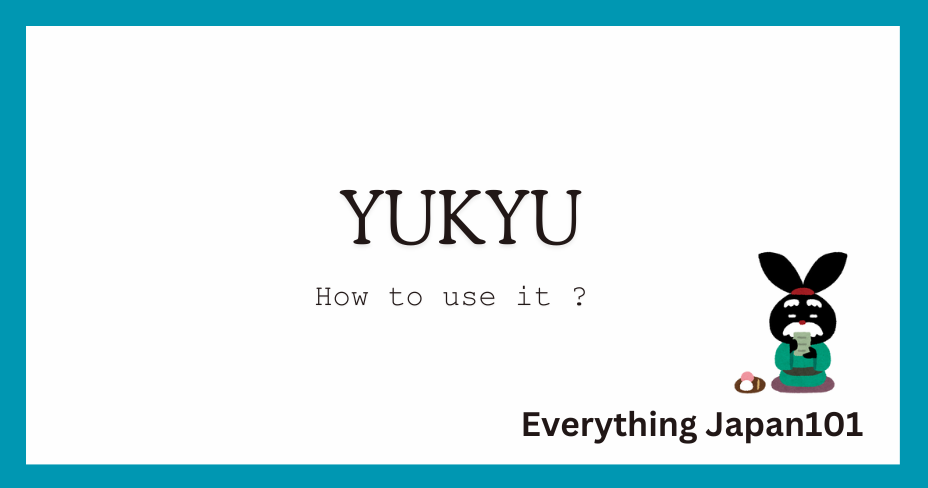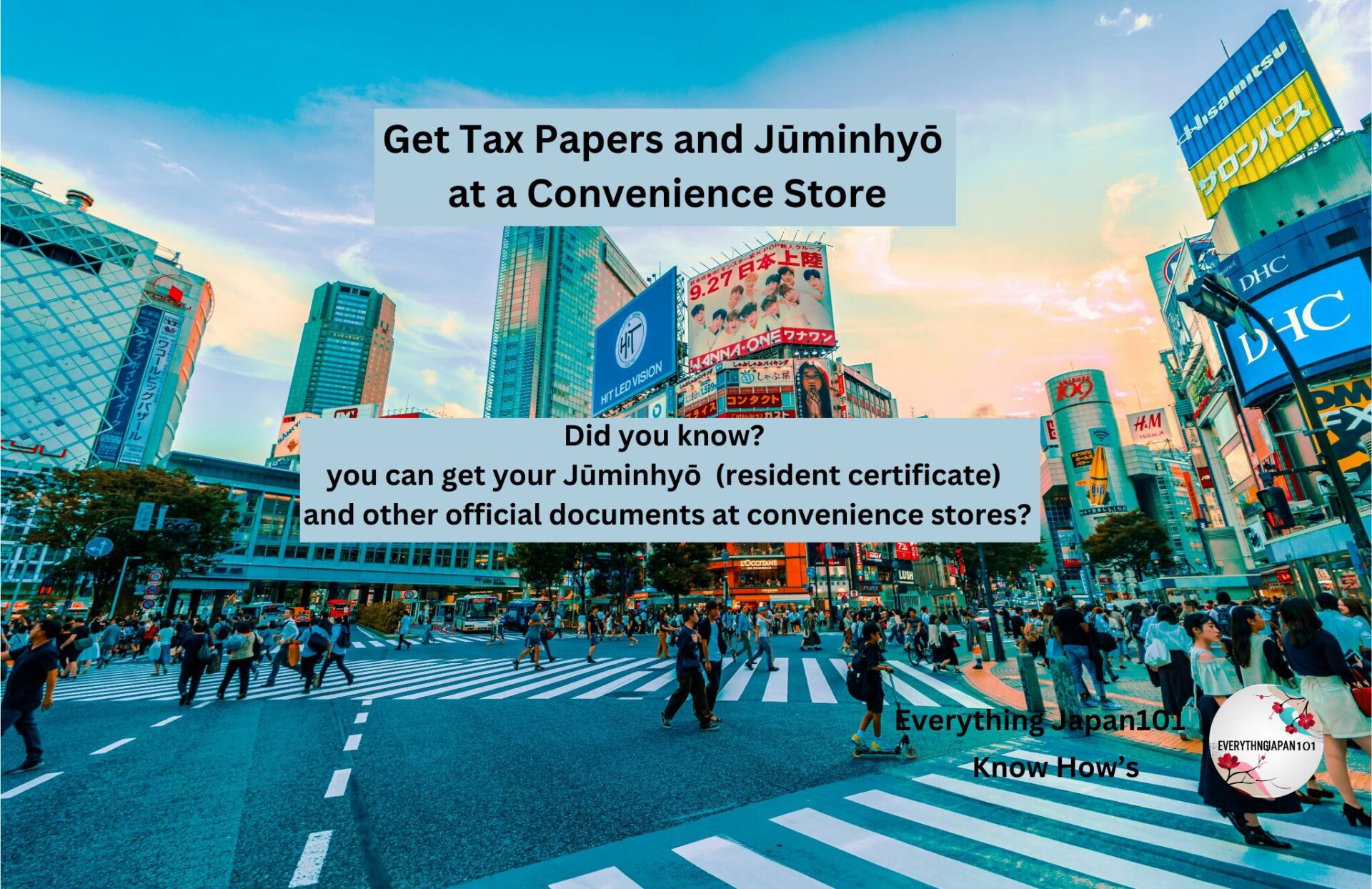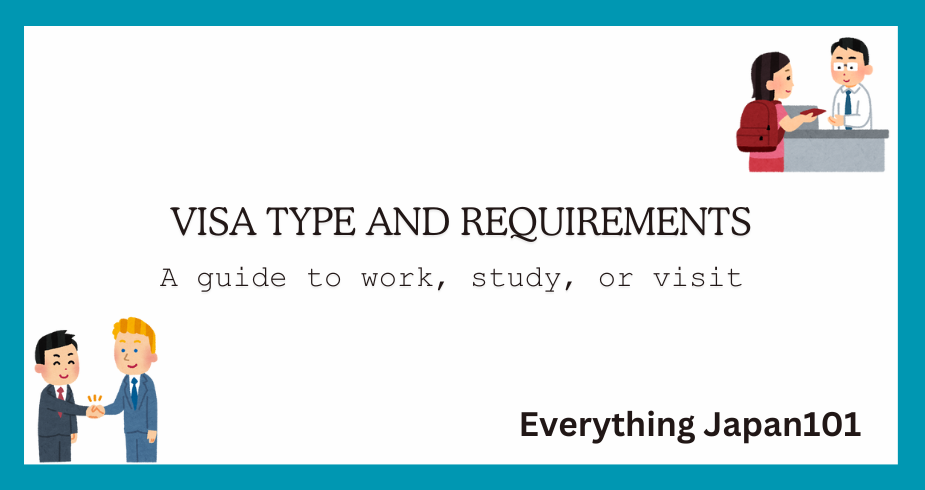How to Apply for a COE: Guide for Your Spouse or Child in Japan
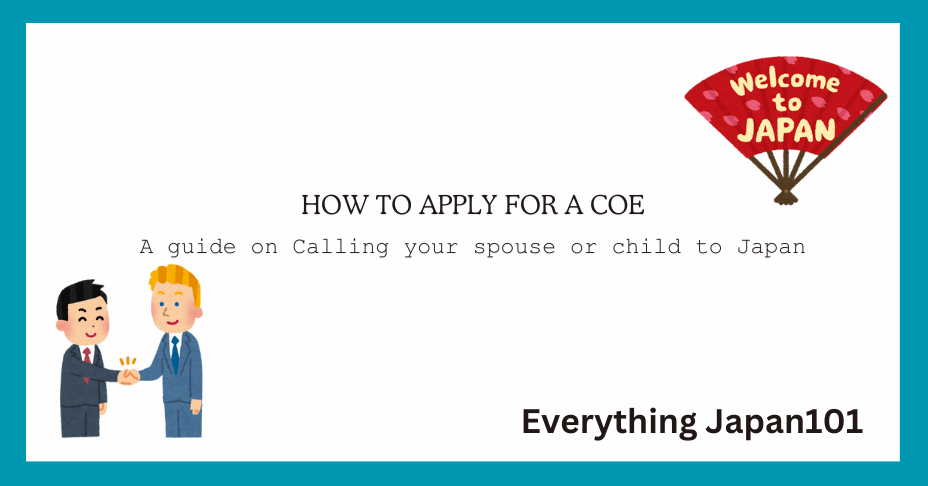
If you’re living in Japan and want to bring your spouse or child to live with you, obtaining a Certificate of Eligibility (COE, 在留資格認定証明書, zairyū shikaku nintei shōmeisho) is a crucial step. This document is necessary for applying for a visa that allows your family to join you in Japan. This comprehensive guide answer how to apply for a COE and will walk you through the process of applying for a COE, including the necessary steps, limitations, and conditions associated with the family visas.
Understanding the Certificate of Eligibility (COE)
The COE, issued by the Immigration Services Agency of Japan, is crucial for supporting visa applications. It verifies that the applicant meets the requirements for a specific visa type, such as a dependent or spouse visa. Understanding how to apply for a COE is key to ensuring a smooth application process.
Visa Types for Spouses and Children
- Spouse Visa (配偶者ビザ, haigūsha biza): For spouses of Japanese nationals or permanent residents.
- Dependent Visa (家族滞在ビザ, kazoku taizai biza): For family members of foreigners residing in Japan on work or student visas.

Eligibility Requirements
For Spouses:
- Marriage Validity: The marriage must be legally recognized, and you must provide proof of marriage, such as a marriage certificate.
- Financial Stability: Demonstrate that you have the financial means to support your spouse.
- Legal Residency: You must be residing in Japan under a visa type that permits family members to join you.
For Children:
- Parentage Proof: Provide proof of parentage, such as a birth certificate.
- Financial Stability: Demonstrate that you can financially support your child.
- Legal Residency: Ensure that you are legally residing in Japan and that the visa type you hold allows for dependents.
Step-by-Step Guide to Applying for a COE
- Prepare Required Documents
- Application Form: Complete the application form for the COE (在留資格認定証明書交付申請書, zairyū shikaku nintei shōmeisho kōfu shinseisho).
- Proof of Relationship: Marriage certificate for spouses, birth certificate for children, and any necessary translations.
- Financial Documents: Bank statements, proof of income, employment certificate, or tax returns to prove financial stability.
- Residence Documents: Copy of your residence card (在留カード, zairyū kādo) and visa details.
- Identification: Copy of your passport and residence card.
- Additional Documents: Any other documents requested by the Immigration Bureau.
- Submit Application to the Immigration Bureau
- Where to Apply: Submit the application to the Immigration Bureau (入国管理局, nyūkoku kanrikyoku) office nearest to your residence in Japan.
- Appointment: In some cases, you may need to make an appointment or visit the office in person.
- Await Processing
- Processing Time: The processing time for a COE typically takes 1 to 3 months. During this period, the Immigration Bureau may request additional information or documentation.
- Additional Requests: If additional information is required, promptly provide it to avoid delays.
- Receive the COE
- Notification: Once approved, you will receive the COE.
- Validity: The COE is usually valid for 3 to 6 months. Make sure to use it within this period to apply for the visa.
- Apply for a Visa
- Visa Application: With the COE, your spouse or child can apply for a visa at a Japanese embassy or consulate in their home country.
- Required Documents: Include the COE, passport, visa application form, photographs, and any additional documents required by the embassy or consulate.
- Arrival in Japan
- Visa Issuance: Once the visa is granted, your spouse or child can travel to Japan.
- Residence Card: Upon arrival, they will need to obtain a residence card at the airport and register their address with the local municipal office.
Limitations and Conditions for Family Visas
Spouse Visa (配偶者ビザ, haigūsha biza)
- Work Permission:
- Spouse of Japanese National: Generally can work without restrictions, but should confirm with the Immigration Bureau if they intend to work.
- Spouse of Permanent Resident: Also usually has unrestricted work rights but should verify if working.
- Duration of Stay: Typically granted for 1 to 5 years and can be renewed.
- Residence Registration: Must register their address with the local municipal office (市区町村役所, shikuchōson yakusho).
Dependent Visa (家族滞在ビザ, kazoku taizai biza)
- Work Restrictions:
- Dependents of Work Visa Holders: Generally not permitted to work unless special permission is obtained, allowing up to 28 hours per week during school terms or full-time during breaks.
- Dependents of Student Visa Holders: Similarly need special permission for work, limited to 28 hours per week.
- Duration of Stay: Typically granted for 1 to 3 years, depending on the primary visa holder’s status.
- Residence Registration: Must register their address with the local municipal office.
Long-Term Resident Visa (長期滞在ビザ, chōki taizai biza)
- Work Rights: Varies based on specific visa conditions; some may have unrestricted work rights while others may have restrictions.
- Duration of Stay: Can vary widely based on individual circumstances and permissions.

General Limitations Across All Family Visas
- Financial Responsibility: You must demonstrate the ability to support your dependents financially. Insufficient financial means can affect visa issuance and renewals.
- Compliance with Immigration Laws: All visa holders must comply with Japanese immigration laws, including reporting any changes in address or status to the local municipal office and the Immigration Bureau.
- Dependents’ Responsibilities: Dependents must follow local laws and maintain valid residence status.
- Renewal Requirements: To extend their stay, dependents must apply for a visa renewal before their current visa expires. This involves providing updated documentation and proof of continued eligibility.
Additional Tips
- Consult with Immigration Specialists: If you have specific questions or unique circumstances, consulting an immigration lawyer (弁護士, bengoshi) or a specialized immigration consultant can provide personalized advice.
- Stay Updated: Immigration regulations can change, so regularly check for any updates that might affect your or your family’s visa status.
Conclusion
Navigating how to apply for a COE for your spouse or child and understanding the visa limitations are crucial for a smooth transition to living together in Japan. By following the outlined steps and being aware of the associated conditions, you can enhance the success of your visa application and ensure a comfortable stay for your family.
If you have any further questions or need more detailed guidance, feel free to reach out for additional assistance!
References
- Immigration Services Agency of Japan
- Japanese Ministry of Foreign Affairs
- Tokyo Immigration Bureau
- Japan Federation of Bar Associations
- GaijinPot
For more help, consult these resources or contact local immigration offices.

